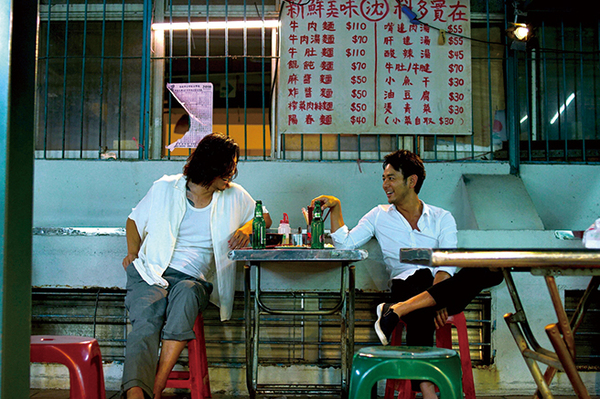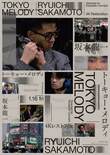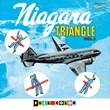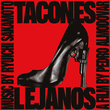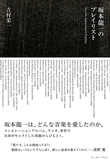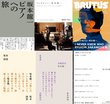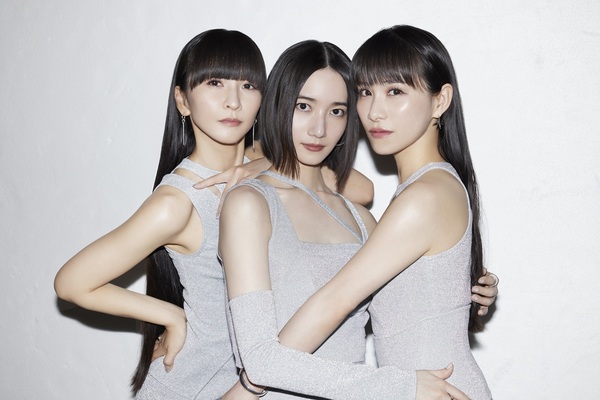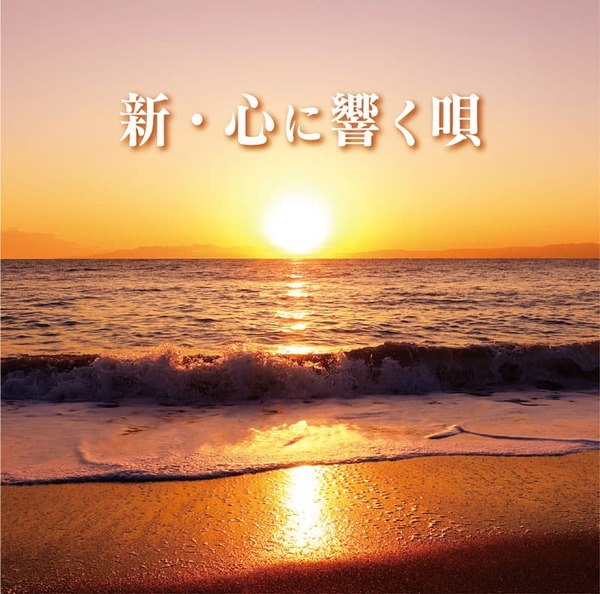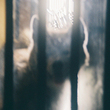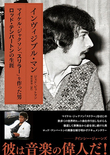A film Paradise Next
Reconstructed images and sound of “Taiwan” could-be paradise for exiles.
Text by Takashi Kitakoji
Viewing the second film Paradise Next of director Yoshihiro Hanno, internationally acclaimed film music composer and artist, I recollected simple and breathtaking definition of the difference between “tourist” and “traveler” by Paul Bowles, an American writer who spent half of his life and remained as writer in Morocco. According to him, Traveller is defined as the existence without identification to be possibly deceased while traveling, and on the contrary Tourist is as the one destined to the homeward journey.
This description appeared on the pages of Bowles’s famous novel Sheltering Sky which was filmed in 1990 by Bernardo Bertolucci, who died last year. The association between Sheltering Sky and Paradise Next partially brought by Ryuichi Sakamoto who gave wonderful scores to both, is obvious but means much more than that. The film was shot only in Taiwan, and two Japanese males forced to be as “travelers” are drifted on foreign soils. But for them, being “travelers” seems to be harsher. The two involved in tragic crime in Japan are exiles forbidden to return their homeland, and destined to be buried in unknown soil. In the middle of the story, they move away from the bustle of Taipei to Hualien County on the east coast, and come across a Taiwanese clone of the victim of that crime, mentioned above. This encounter unveils their repressed memory of that tragedy, though it ironically occurs in the land of beauty and quietness, like paradise of this world.
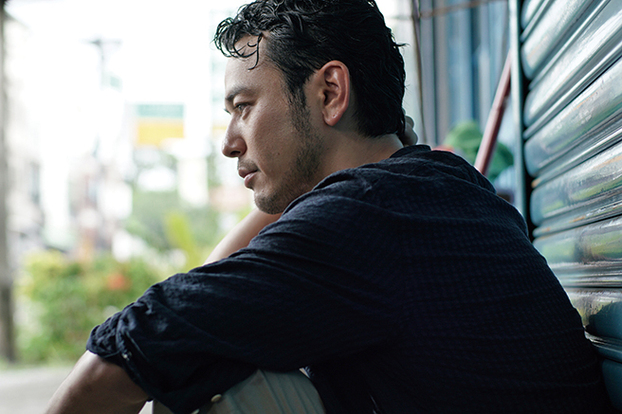
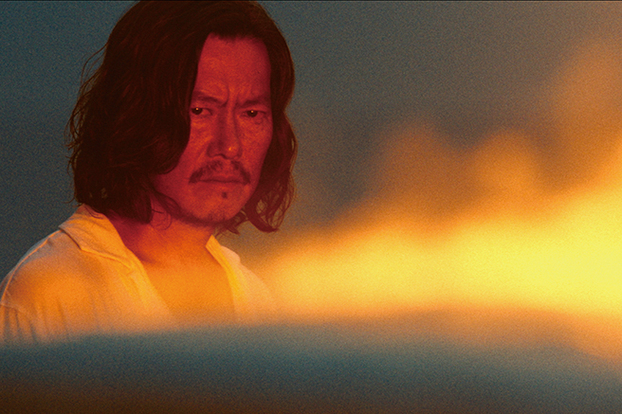
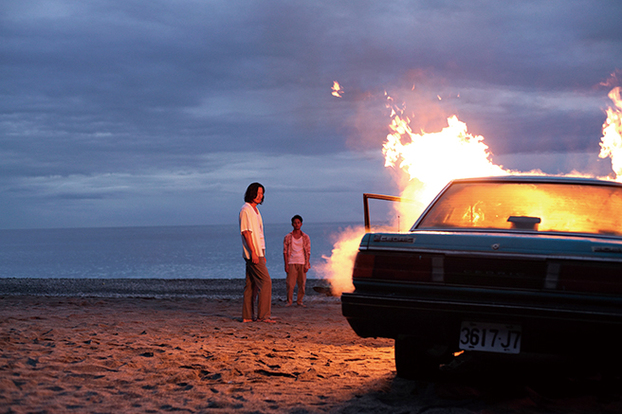
Dragged into a killer’s face veiled by the backlight, typewriter, and a young lady projected in fragmented shots of dazzling montage, ...the film, from its beginning, thrusts us off to the absolute nonsense. And after that, we come to an important scene where two “exiles” sit on opposite sides of the table at a dinner in Taipei, keeping a certain distance between them. A middle aged dude (Etsushi Toyokawa) keeps his eyes off and mouth shut against a young man (Satoshi Tsumabuki) who keeps talking to him. But the question is the reason why such a long shot was required for this scene.
The answer is, this long shot sets out the basic tempo of Taiwan (=paradise?) reconstructed by sonic and visual image of the film. A long, seamless duration of time.
Time in south, putting a spell on exiles from north, driving their life into the chaos of exhausted and intoxicated. And this gives the idea of the paradise to the characters, who are obsessed with odious memory, missed and lost their way to the place they should have come back to, and belonged to, in that endless mode of time. The desert of Sheltering Sky deluding westerners, are varied and inherited by the endless, weary backwater of southern island in this film. But the perfect oblivion of the place to return (the concept of repatriation) is possibly conceived by no one. The ending of the film, questioning the possibility / impossibility of paradise, is to be concluded by the fissure cracked forcefully on the endless, weary backwater of time.
Translated by Kazuki Takami (intoxicate)

